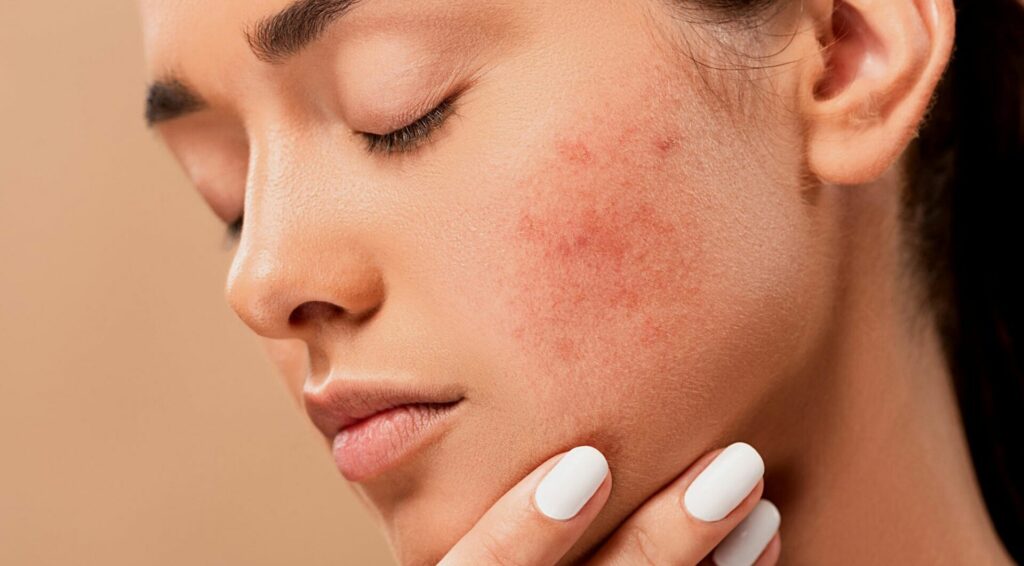Acne is a common dermatological condition affecting millions of people around the world. In addition to its physical manifestations, acne can greatly affect your emotional well-being and self-esteem. Effective treatment of acne requires an understanding of its causes and mechanisms of development, as well as the use of modern methods and approaches. In this article, we will look at the key factors that contribute to the development of acne and discuss current trends in its treatment.
Causes of acne development:
- Hormonal Changes: Changes in hormone levels, especially during adolescence, can lead to increased sebum secretion, which creates a favorable environment for the development of acne.
- Excess sebum and clogged pores: With excess sebum and increased secretion of oil from the sebaceous glands, skin pores can become clogged, forming comedones and leading to the development of inflammatory elements of acne.
- Bacterial infection: Proliferation of the bacterium Propionibacterium acnes in clogged pores contributes to the development of inflammation and the formation of purulent acne elements.
- Inflammation: Inflammatory processes in the skin increase the development of acne and contribute to the formation of redness, papules and pustules.
- Genetic predisposition: Hereditary factors may play a role in the development of acne, although the specific genetic mechanisms are not yet fully understood.
Current trends in acne treatment:
- Topicals: Creams, gels and lotions containing retinoids, benzoyl peroxide, azelaic acid or salicylic acid can help reduce sebum secretion, prevent clogged pores and reduce inflammation.
- Systemic medications: If acne is severe or resistant to topical medications, systemic treatment may be required, including antibiotics, retinoids, or hormone-regulating medications.
- Procedural Options: Procedural treatments for acne include facials, peels, laser therapy and photodynamic therapy, which help reduce inflammation, reduce sebum secretion and improve skin condition.
- Individual approach: Effective acne treatment often requires an individual approach, taking into account the type and severity of acne, skin characteristics and other individual factors.
Conclusion:
Understanding the causes and mechanisms of acne development and the use of modern methods and approaches to its treatment are key to achieving successful results. A combination of topicals, systemic treatments, and procedural techniques tailored to the patient’s individual needs can help treat acne and restore healthy, clear skin. It is important to see a qualified dermatologist for advice and to develop the best treatment plan.



